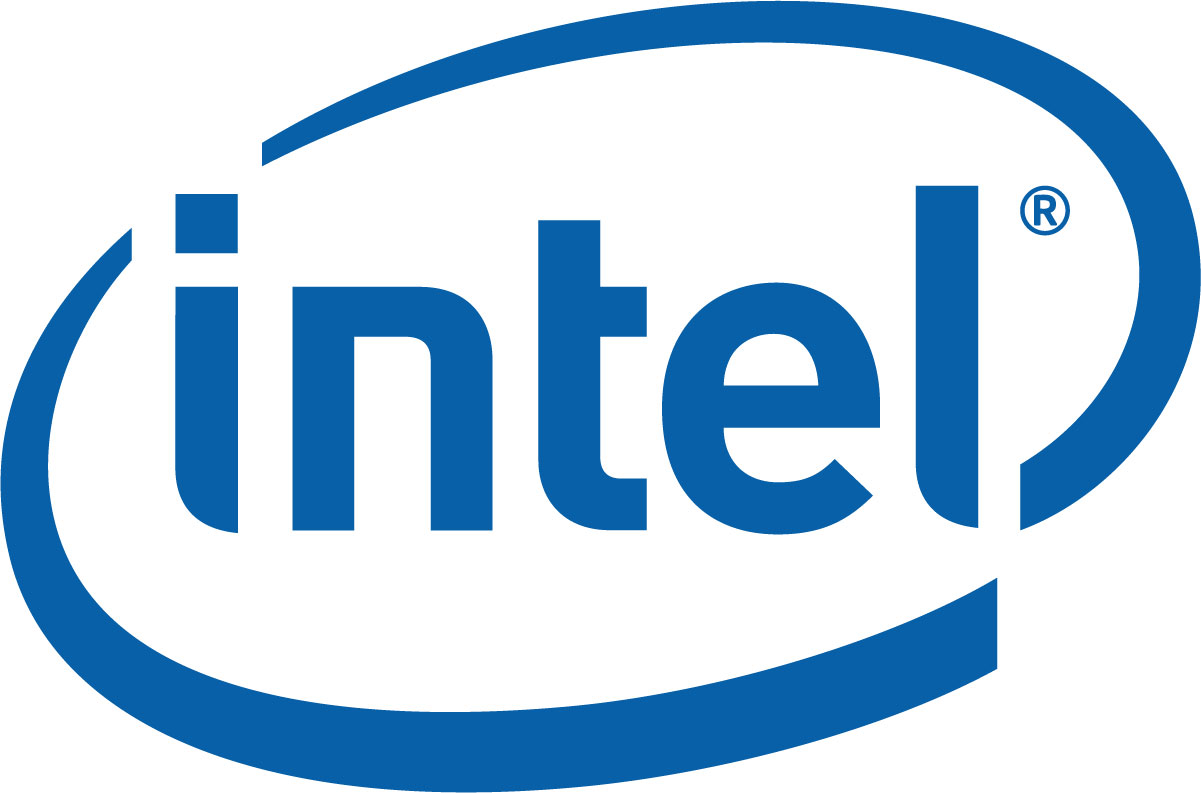Intel: Clover Trail Will Support Linux At Another Time
Intel has raised some eyebrows by confirming that Clover Trail, the Atom chip targeted at tablets and subnotebooks, will not support Linux.
Get Tom's Hardware's best news and in-depth reviews, straight to your inbox.
You are now subscribed
Your newsletter sign-up was successful
However, the company said that just because Clover Trail will not be supporting Linux initially, it does not mean that there won't be a Clover Trail version for Linux.
In a statement sent out to media, Intel reiterated that the "current version of Clover Trail supports Windows 8 tablets." However, Intel has plans to extend Clover Trail to Linux/Android, Intel spokeswoman Kathryn Gill told us. It is unclear how this chip will differ from the processor built for Windows 8. Gill said that Intel is "not commenting on the platform specifics or market segments that at this time."
"Stay tuned", she said.
Of course, Intel's strategy makes sense and should not be surprising. Intel needs to court Microsoft with a Windows 8-tailored processor and give traditional x86 tablet and subnotebook buyers a good reason not to defect to ARM territory. Intel needs a processor that looks compelling next to Nvidia's Tegra and rival chips from Qualcomm and Samsung. The thin line between sub-notebooks and tablets is a critical battlefront for both ARM and Intel. Intel cannot afford to give up notebooks, while ARM needs tablets to stand its ground. It is reasonable for Intel to focus on Windows 8 first and then look at Linux next.
Contact Us for News Tips, Corrections and Feedback
Get Tom's Hardware's best news and in-depth reviews, straight to your inbox.

Wolfgang Gruener is an experienced professional in digital strategy and content, specializing in web strategy, content architecture, user experience, and applying AI in content operations within the insurtech industry. His previous roles include Director, Digital Strategy and Content Experience at American Eagle, Managing Editor at TG Daily, and contributing to publications like Tom's Guide and Tom's Hardware.
-
ddpruitt Why would Intel want to court Microsoft? If Intel really wants to compete with ARM they need to have chips that attack on all fronts, not just the niche that Microsoft is going after. Doesn't sound particularly smart to me.Reply
Ahh wait, should have read who the author is first. -
jhansonxi It's x86 so Linux should function without changes but there may be some power management features that the Linux kernel can't take advantage of.Reply -
blazorthon jhansonxiIt's x86 so Linux should function without changes but there may be some power management features that the Linux kernel can't take advantage of.Reply
There might also be performance optimizations for Windows 8 that Linux isn't made to take advantage of and Intel doesn't want to jump through hops for that right now given that they already have other CPUs that support Android and other Linux distributions. However, I admit in that I'd be surprised if Linux doesn't find a way even before official Intel support for it. -
This is no different than Apple getting Thunderbolt first. Intel is giving MS an advantage to get favor from the OS maker much like Intel did for Apple. These are the corporate games you play.Reply
-
blazorthon aaron88_7Isn't software supposed to support hardware, not the other way around?Reply
danwat1234What does it mean that it can't support linux? Compile it to X86, there you go !?
If Intel doesn't make a driver for this CPU that is compatible with Linux (assuming that Intel made changes that would break current Linux compatibility) and doesn't give anyone the needed info to develop one, then there's nothing that could be done. -
boiler1990 There are some hardware optimizations being made for Windows. Probably nothing too major, but it will take a while to develop for Linux (or, possibly, Linux needs to develop to use the optimized hardware).Reply
Their original statement said Linux wouldn't be supported 'initially' but all the tech sites blew it way out of proportion. -
It's all about the graphic drivers!! Clover Trail has a GPU licensed from Imagination, which is extremelly anti-open source, so intel cannot open the drivers, and it would take too long and cost too much to write an entire driver from the ground up. see: http://www.phoronix.com/scan.php?page=news_item&px=MTE4NDYReply
Intel is already fixing that with valleyview atoms, which will have an in house GPU, similar to ivy brigde's which already have a top notch open source driver.
-
cookoy Maybe intel doesn't want to be humiliated when people start comparing android on arm vs android on atom.Reply
